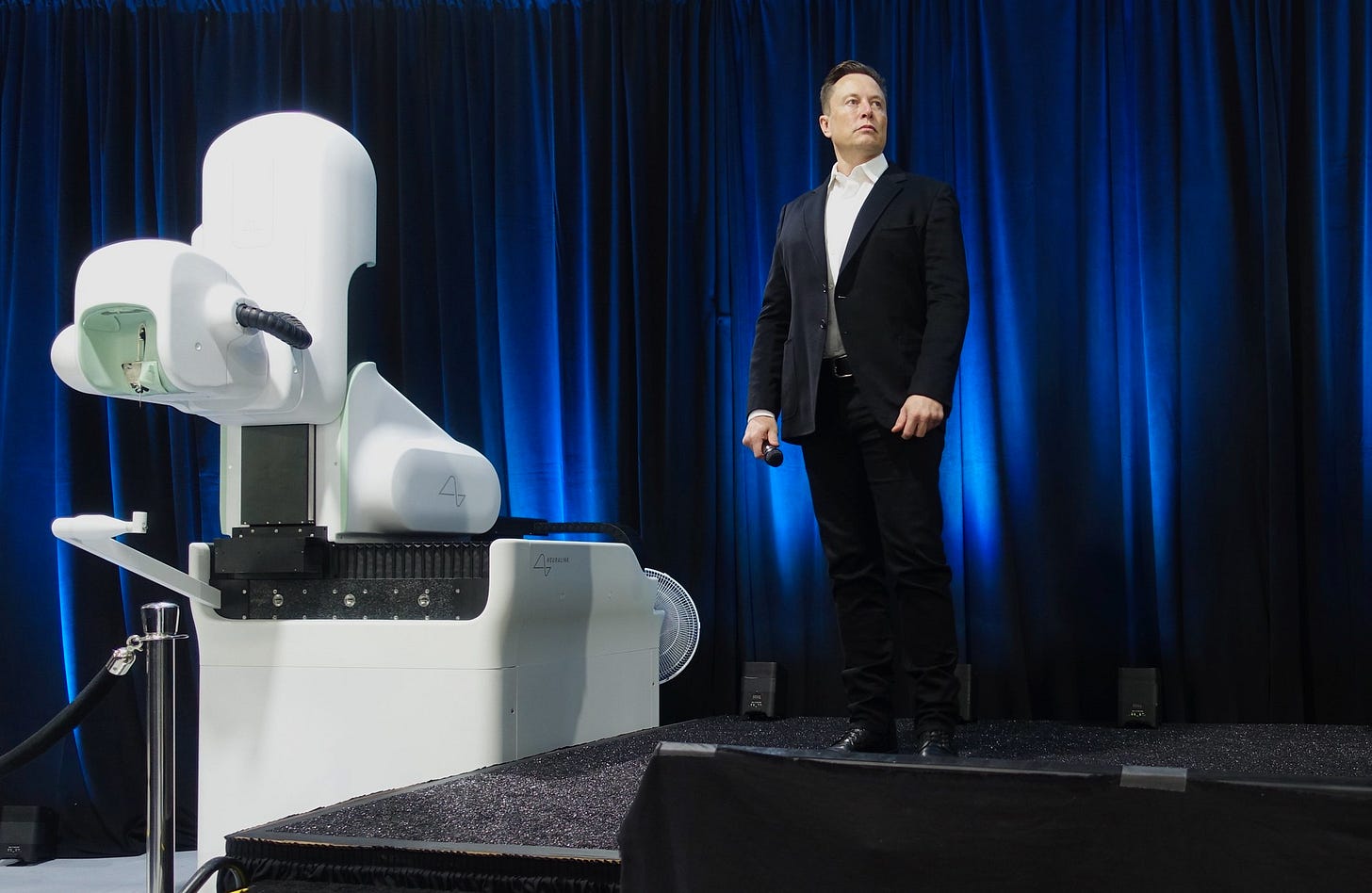Twitter in the Age of Musk
Elon Musk has pledged to make Twitter a platform for free speech once again, but should we believe him and should we support social media platforms regardless?

I have to admit that I have not been able to live up to my pledge to abandon Twitter entirely, and I have been far more active on the platform since it was announced that billionaire Elon Musk would be purchasing the company and taking it private once again. I, like many right-wingers who have also flocked back to Twitter since the news broke, appreciate Musk’s pledge to restore free speech on the platform and to not ban people for spreading “misinformation,” which can be defined as anything that goes against current left-wing orthodoxy.
I am, however, less excited than some are about Musk’s takeover of Twitter. For starters, while I don’t have any particular reason to disbelieve Musk, I also don’t have any particular reason to believe him. He may be entirely sincere in his goal to restore free speech to Twitter, and he may not. He may be sincere, but ultimately find that Twitter’s existing infrastructure, corporate culture, business model, or any number of other reasons make it impossible to reform even for the person who owns it. He may be less interested in Twitter than his purchase of the company would indicate and be too busy running his other companies, SpaceX and Tesla, to do what’s necessary to actually make any meaningful changes.
I also don’t view Elon Musk as any kind of entrepreneur worthy of respect, as both Tesla and SpaceX have received subsidies and contracts from federal, state, and local governments, and it doesn’t seem likely that either company would exist absent that government aid. He’s hardly a champion of the free market and has essentially gained much of his wealth from government welfare. This is not the type of person that I personally admire.
Regardless, if Musk can restore freedom of speech to Twitter I will consider that a good thing in and of itself, but that may not even be the biggest issue. The biggest issue may be whether social media in general is good for humanity. There’s plenty of research indicating that social media is actually terrible for our mental health, especially the metal health of young people (With Instagram seeming to be the worst). I’m not going to make any definite claims about the effect that social media may have on our mental health here, but the existing research is troubling and should certainly cause us to be skeptical toward these companies and the services they offer.
What we know for certain, however, is that social media companies purposefully make their product as addictive as possible so that we spend more and more time with our eyes glued to their platforms, and there’s no reason to suspect that Elon Musk would do anything differently in regards to Twitter. He didn’t buy Twitter simply out of the goodness of his heart and a sincere belief in free speech, but because he also hopes to make some money off of it. Now those positions aren’t mutually exclusive, but you can rest assured that Musk wants Twitter to be profitable. That means he needs as many people as he can get looking at Twitter for as long as he can possibly get them to do so. I don’t see how being addicted to any social media platform could possibly benefit a person, especially as it cuts more and more into our real lives and disrupts them in a myriad of ways. Just imagine, for example, the teenagers who can’t turn off their phones to go to sleep at a decent hour on a school night because they’re too busy looking at Instagram or Tik Tok. That’s not only bad for their mental health but their physical health as well.
Twitter may not be as bad as Instagram for the mental wellbeing of people, though I don’t think we can say for certain, but it does present the opportunity for endless amounts of outrage as you go back and forth arguing with people over nonsense and in ways that you would never talk to another person in real life. While Twitter is, at least in my opinion, an incredible tool to gather news and information, I don’t believe that spending as much time as many people do outraged about things they saw on Twitter can be a net benefit to those individuals or to society as a whole.
In short, it’s not clear to me that any social media company, including Twitter, has had a net positive effect on society, and I’m not sure that even returning free speech to Twitter can change that. These platforms may be by their very nature anti-human, and as such should not be supported and should be allowed to die. Of course I, like so many others, am addicted, and find it difficult to stop. I hope that Elon Musk does make Twitter better, because I love Twitter. I love having easy access to news, stories, and arguments that I wouldn’t otherwise be likely to find on my own.
I’m just not convinced that the benefits of Twitter are worth the costs.


